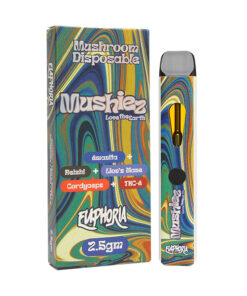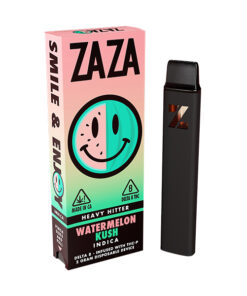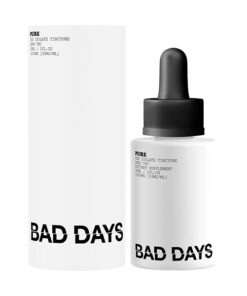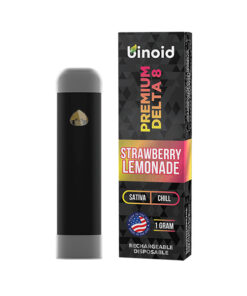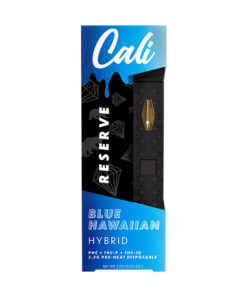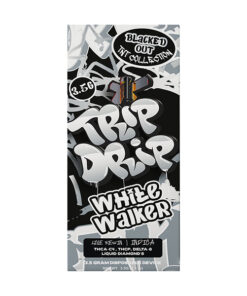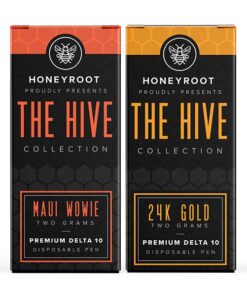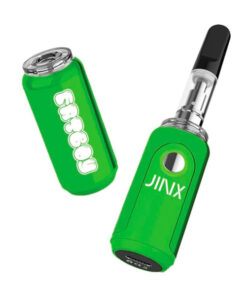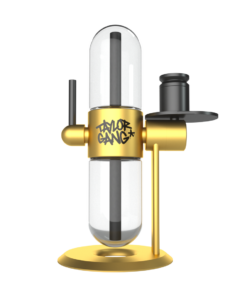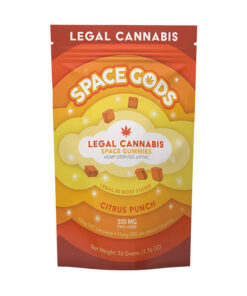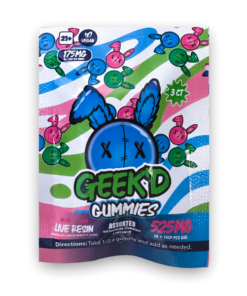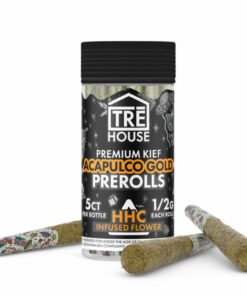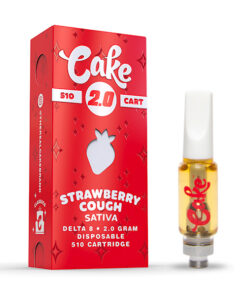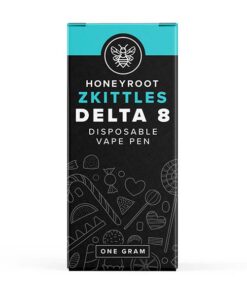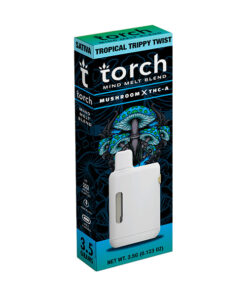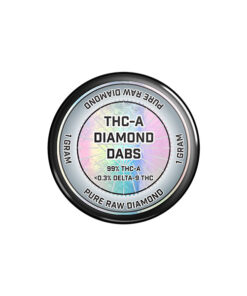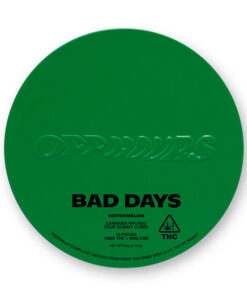Understanding the Risk of CBD Overdose: What You Need to Know
CBD, recognized for its potential to address inflammation, chronic pain, and sleep disturbances, is generally considered safe by the World Health Organization (WHO).
However, while it’s well-tolerated, exceeding the recommended dosage can lead to unfavorable side effects and potential interactions with certain medications.
Exploring CBD: Origin, Effects, Legality, and Usage
CBD, a compound naturally found in cannabis and hemp plants, interacts with the body’s endocannabinoid receptors.
Distinguished from other cannabinoids, it doesn’t induce perceptual changes or mood elevation typically associated with a “high.” This non-addictive nature is devoid of typical addictive or withdrawal symptoms.
People turn to CBD for its potential benefits, including treating anxiety, insomnia, inflammation, and chronic pain. While research doesn’t entirely validate these benefits, user experiences and preliminary studies from Cedars Sinai Medical Center suggest its efficacy.
CBD’s Side Effects and Interactions
Despite mild side effects like drowsiness, diarrhea, and dry mouth, CBD’s interaction with certain medications is noteworthy.
Consulting a healthcare professional is imperative when considering CBD, especially if you’re using prescription medication or planning to start CBD usage alongside prescribed drugs.
Legal Status of CBD
Federally, CBD extracted from hemp plants containing less than 0.3% Delta 9 THC is lawful and permitted by the 2018 Farm Bill.
However, some states like Idaho and Nebraska have stringent laws or outright bans on CBD. It’s crucial to review local regulations before purchasing CBD products due to varying state-level restrictions outlined by Leafwell.
Understanding CBD Overdose: The Complexity and Safety
Addressing whether CBD causes an overdose isn’t a straightforward yes-or-no situation; its implications are nuanced.
Deciphering CBD Overdose: Definitions and Realities
When defining an “overdose” in terms of life-threatening situations, CBD consumption rarely leads to such critical outcomes, similar to THC.
Instances of severe reactions tied solely to CBD are exceedingly rare and potentially influenced by product contaminants or other substances.
However, considering an “overdose” as surpassing recommended doses, CBD can induce unwanted side effects more frequently at higher doses, marking an overdose in this context.
Exploring Specific CBD Scenarios and Overdose Possibilities
Can You Overdose on CBD Gummies?
Exceeding the recommended dosage of CBD gummies may cause disruptive side effects like diarrhea, drowsiness, or irritability, categorizing it as an overdose in terms of negative reactions.
Can You Overdose a Dog on CBD?
CBD for dogs, while showing potential benefits similar to humans, can prompt side effects at high doses. Ensuring accurate dosing for your pet is crucial, prioritizing a cautious approach.
Preventing CBD Overdose: Safety Measures
Mitigating the risk of CBD overdose or adverse interactions involves:
- Consultation with a healthcare professional about potential CBD-medication interactions.
- Adhering to recommended CBD dosage instructions provided on product packaging, including oils, tinctures, and gummies. In the absence of specific guidance (e.g., vape carts), start with small doses and monitor consumption.
- Vigilance for mild CBD side effects like drowsiness or dry mouth, refraining from further intake until subsidence.
- Immediate contact with local Poison Control (1-800-222-1222) for severe side effects.
- Opting for CBD products with transparent independent lab testing results for label accuracy confirmation, a practice upheld at Delta 8 Resellers.
While generally safe, prudent and responsible CBD usage involves avoiding excessively high doses to prevent potential overdoses. Following these steps ensures an effective and secure CBD utilization approach.




